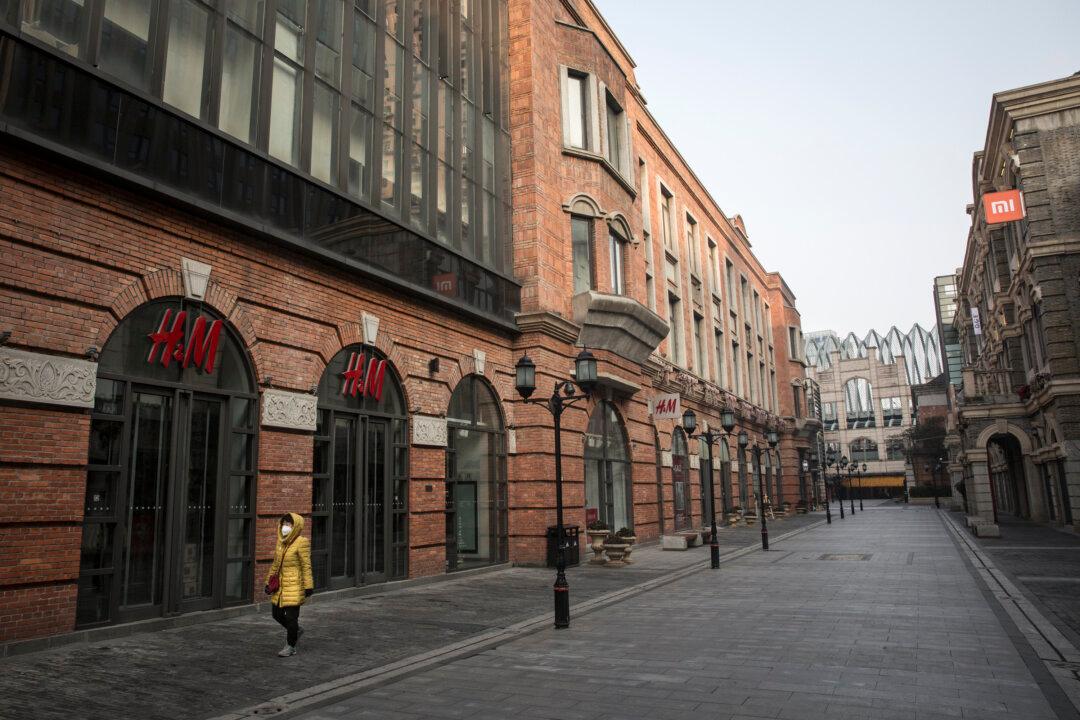
A person wears a protective mask as he walks down an empty street in Wuhan, the epicenter of the new coronavirus, on Feb. 3, 2020. Getty Images
The Epoch Times spoke to many residents in the city of Wuhan and in Hubei Province to learn about the situation on the ground in recent weeks.
Below are some of their stories.
A Very Long Wait
Yang Yang is a resident of the Hanyang district of Wuhan. 